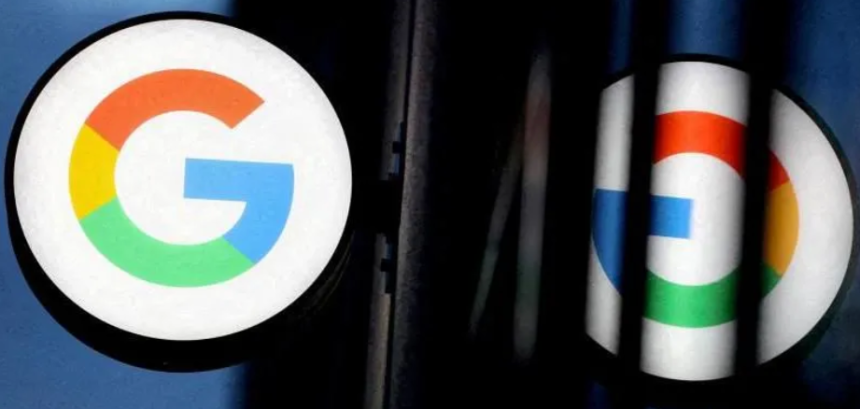A US federal judge has ruled that Google must allow Android apps developed by rival technology firms to be listed on its Google Play app store for three years, starting next month. This decision is part of several remedies ordered by Judge James Donato in a case brought against Google by Epic Games, the developer behind the popular video game *Fortnite*.
Google has announced plans to appeal the ruling and will request a pause on the proposed changes. In December, a jury sided with Epic Games, which claimed Google had been stifling competition by controlling how apps and payments are distributed on Android devices.
Google expressed concern over the ruling, arguing that the changes could jeopardize consumer privacy and security, hinder developers in promoting their apps, and ultimately reduce competition on Android devices. “The changes would put consumers’ privacy and security at risk, make it harder for developers to promote their apps, and reduce competition on devices,” Google said in a statement.
Legal experts have seen the ruling as a significant challenge to the dominance of major tech companies. Rebecca Haw Allensworth, a professor at Vanderbilt Law School, noted, “It shows that courts are not necessarily opposed to asking dominant platforms to share access with rivals in the name of competition.”
The ruling also called for Google to make its app catalogue available to competing app stores, a remedy that Mark Lemley, a Stanford Law School professor, argued is uncommon but justified. “That isn’t something antitrust law would normally require,” Lemley said. “But the judge correctly noted that once you have violated the antitrust laws, courts can order you to do affirmative things to undo the harm you caused, even though you didn’t have the obligation to do those things in the first place.”
Google had maintained that its Play app store operates in a competitive market, citing competition with Apple’s App Store, which was also sued by Epic Games in 2020. That case concluded with an appeals court ruling that Apple does not hold a monopoly on mobile games.
Monday’s ruling is the latest in a series of legal challenges Google has faced in recent years over competition concerns.
In August, US District Judge Amit Mehta ruled in favor of the US Department of Justice, which accused Google of running an illegal monopoly in online search. This followed a pattern of increasing legal scrutiny on the tech giant’s market dominance. Last month, District Judge Leonie Brinkema concluded hearing arguments related to government claims that Google holds a dominant position in the advertising technology market.
Critics of Google argue that the company’s fees, which can reach up to 30% on every payment made through its app store, have led to inflated prices for consumers. “That is a rate they were able to charge because they were a monopoly,” said Lee Hepner, Senior Legal Counsel at the American Economic Liberties Project.
Hepner believes that the recent ruling will likely disrupt this, creating more opportunities for developers to enter the market and potentially lowering prices for consumers. “There’s going to be a lot more incentive for developers to enter this market, and prices should be lower for consumers,” he added.


